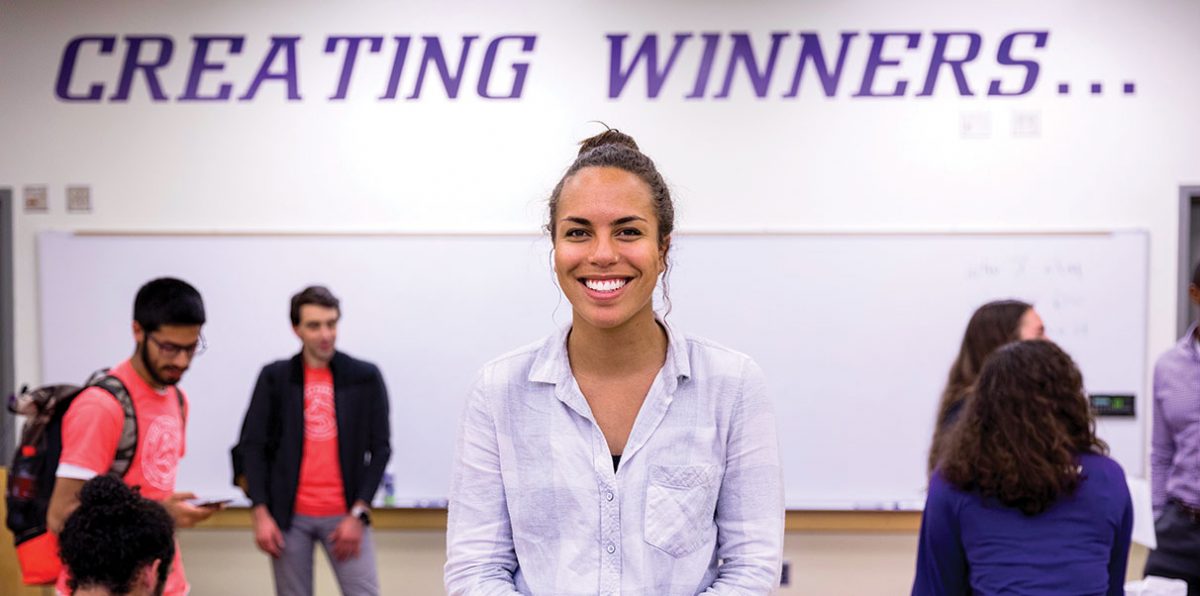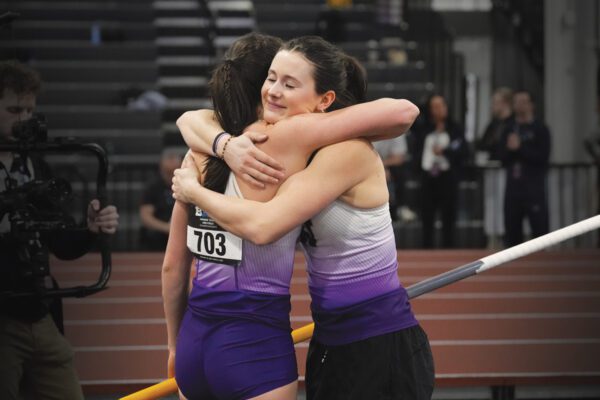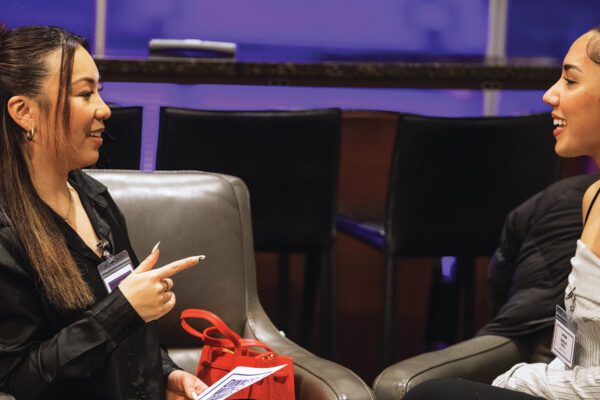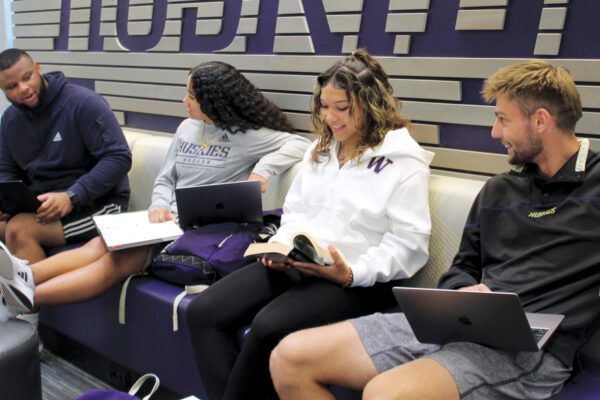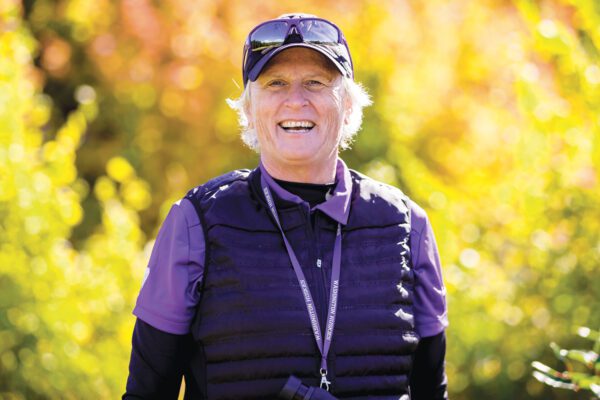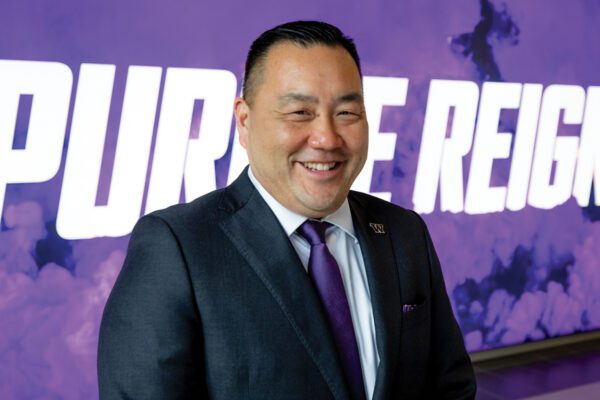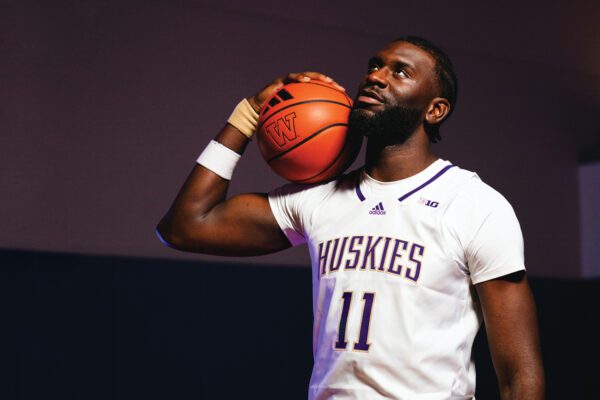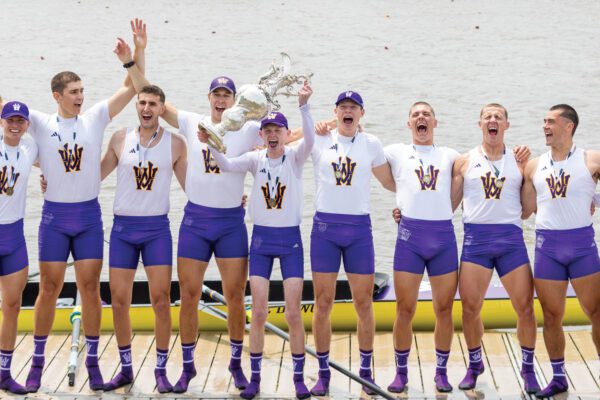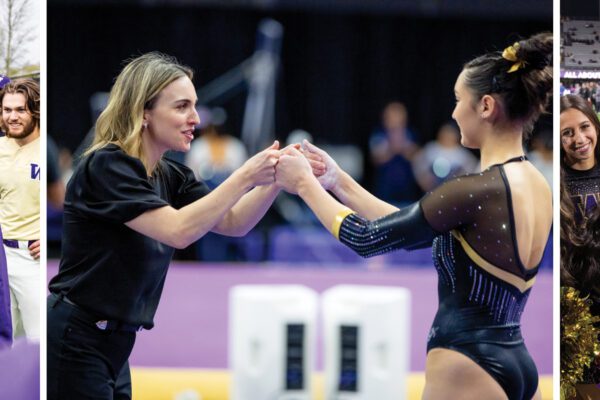Women’s Soccer player earns prestigious Bonderman Fellowship
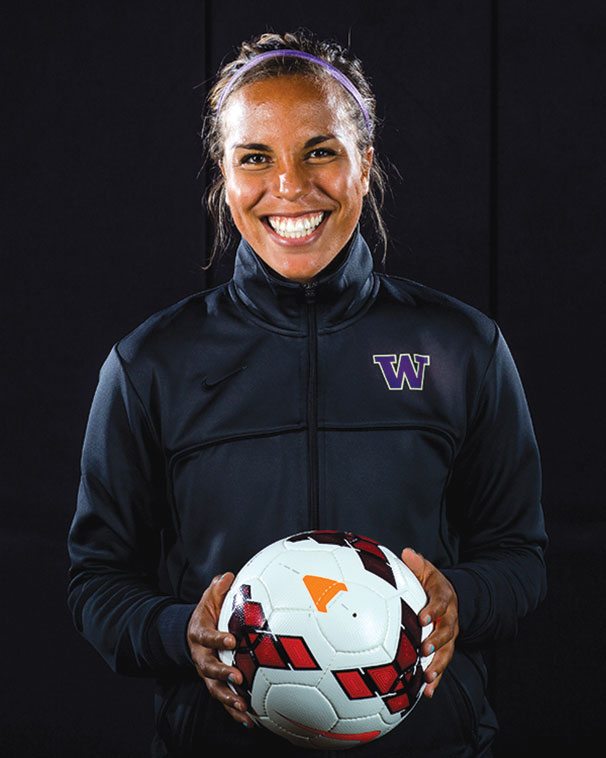 Havana McElvaine took a breath, dropped to one knee and — in one life-changing moment — solidified her identity as a leader.
Havana McElvaine took a breath, dropped to one knee and — in one life-changing moment — solidified her identity as a leader.
The 2017 sociology graduate had been taking charge on the soccer field for as long as she could remember. She attended a prestigious private high school in Denver and traveled the nation playing soccer in elite leagues. If anyone asked her who she was, she’d quickly respond, “I’m a soccer player.”
When she arrived at Washington as a student-athlete on scholarship, it seemed like the next four years would be an extension of that athletic identity. Then, she signed up for Professor Alexes Harris’ sociology class on race and ethnicity.
“It was amazing to walk into a class where someone looked like me and held prestigious degrees and cared enough to master topics I’d always been passionate about — human rights, social justice, racial and gender equality,” recalls Havana. “I felt so empowered.”
It was the awakening of a more expansive sense of self for Havana as a black woman, a scholar and someone who could make a difference on campus and beyond. It also led to her becoming Husky Athletics’ first recipient of the prestigious post-graduate Bonderman Fellowship, which will propel Havana on an eight-month voyage through nine different countries where she will explore the history of black identity and racism.
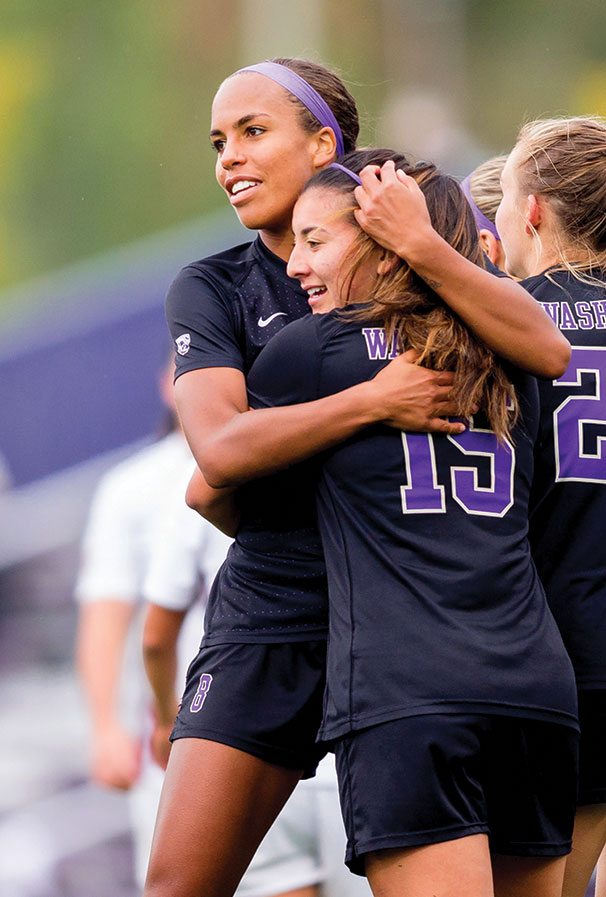
Kneeling down to stand up
With the nation’s racial divisions taking center stage in the 2016 election season and the Black Lives Matter movement making headlines, Havana also was following the controversial decisions of some professional athletes to kneel during the national anthem — not as a sign of disrespect for their country but of their hope for a nation more united against racism.
Havana’s emotions hit a peak as she watched news footage of a black man killed by police in Oklahoma in September 2016. She remained deeply upset the next day, when Women’s Soccer had its first match of the season. Sensing her student’s distress as they stood on the sidelines, Coach Lesle Gallimore turned to Havana and said, “If you want to kneel, you can.”
“In that moment, she really knew me better than I knew myself. She enabled me to be in solidarity with a movement I cared about, and that was really powerful for me,” Havana says.
“It was one of the most memorable moments I had at UW and in my whole life.”
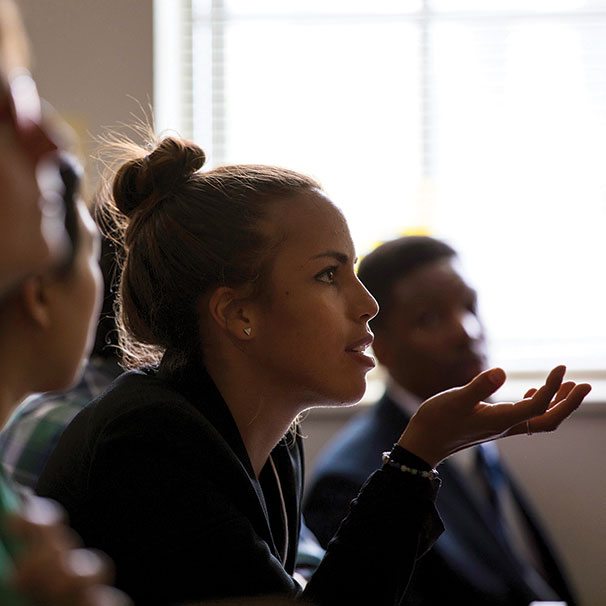
A leader is born
That one knee opened up more opportunities for discussion and reflection among her teammates and coaches. The UW Athletic Department also invited Havana to speak before the staff and chose her as one of just two UW student-athletes to attend a conference in Texas for black student-athletes from across the nation.
When she begins her solo Bonderman travel in January throughout South America, Africa and Asia, Havana will further develop her leadership skills and passion for social equality.
“As someone who believes fiercely in the equality of all people, I feel a strong sense of responsibility to learn about those who gave their lives so that I could do exactly this; travel freely and seek experiences that better equip me to fight for those who will come after me,” Havana wrote in her Bonderman essay.
Husky Athletics’ commitment to equity focuses on making a lasting impact
Hoping to draw at least 50 student-athletes to UW Athletics’ first formal training event in equity and inclusion, organizers planned a 90-minute session with a nationally known lecturer.
Three hours and 200 students later, they knew the department’s commitment to UW President Ana Mari Cauce’s top-priority initiative was off to a powerful start.
“The students were so engaged and didn’t want to leave that session,” recalls Kim Durand, who directs student development for Husky Athletics. “We focused on building community so we could have in-depth, sometimes difficult conversations around racial equity and have people feeling safe and comfortable with each other.”
The goal was “open dialogue and letting them know we care about the same things they care about,” adds Shondell Reed, another executive staff member helping to guide the initiative.
The department’s commitment extends beyond student-athletes to coaches and staff, to hiring and personnel policies, and to supporting individual teams’ efforts.
“There’s no check the box race and equity program for the day or the month or the year. It’s ever present in how we make decisions. It’s about having a lasting impact,” Kim says.

